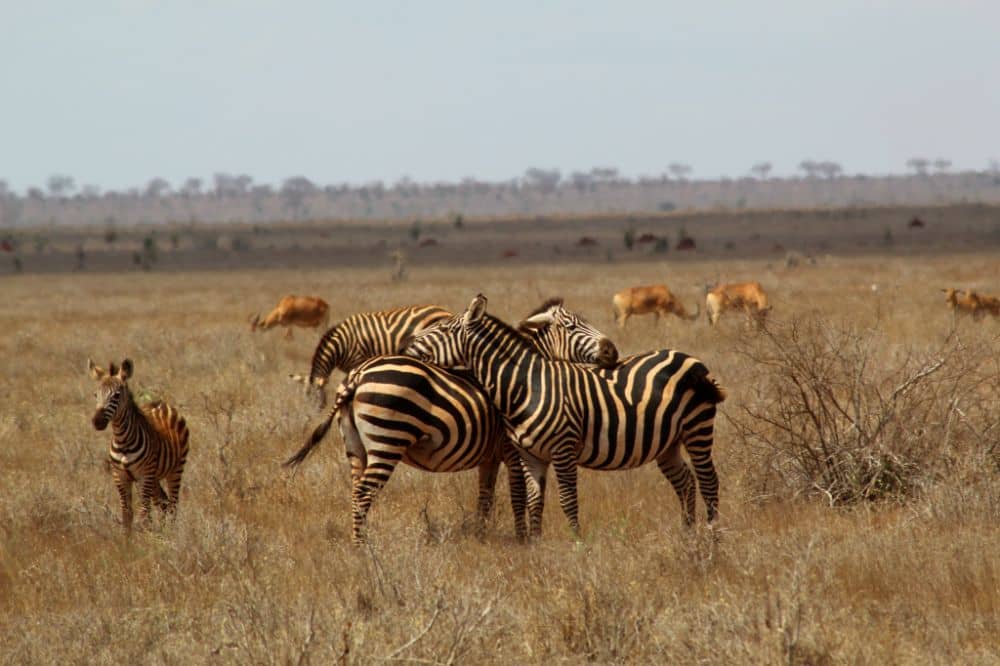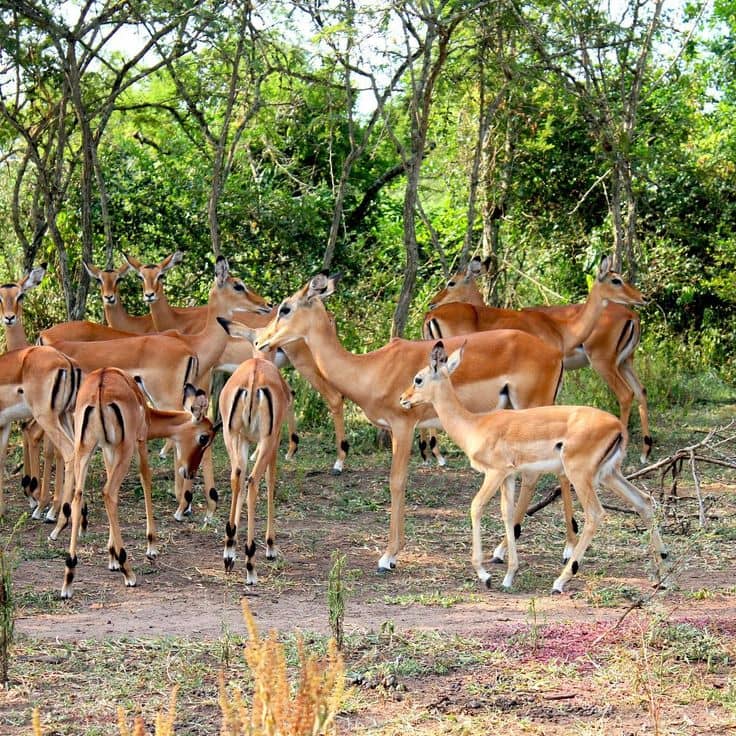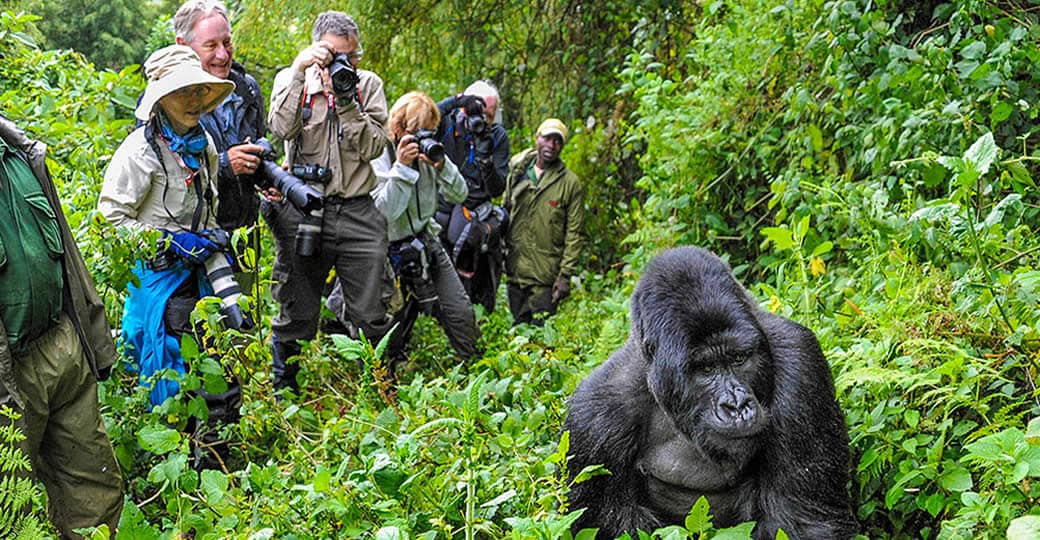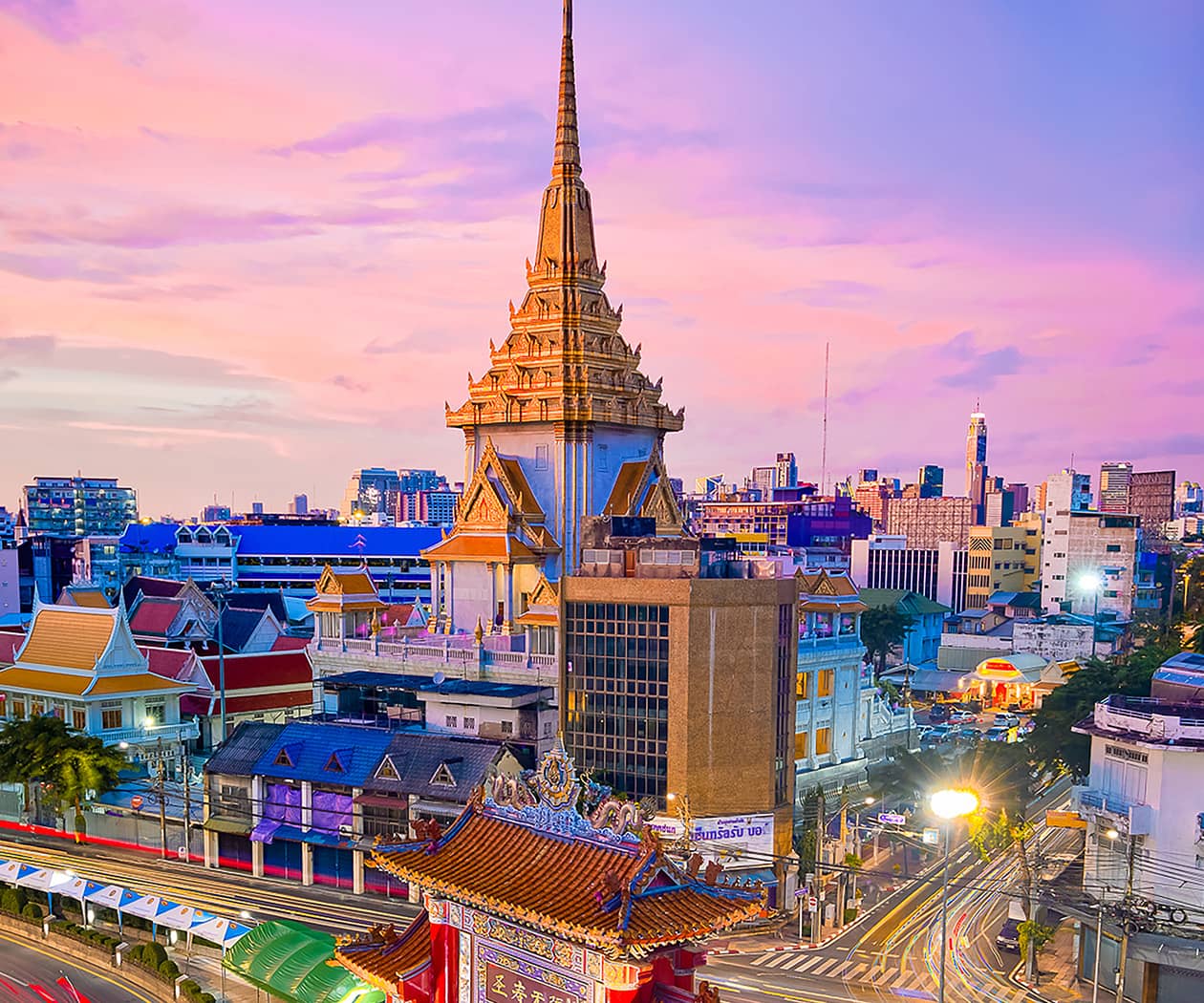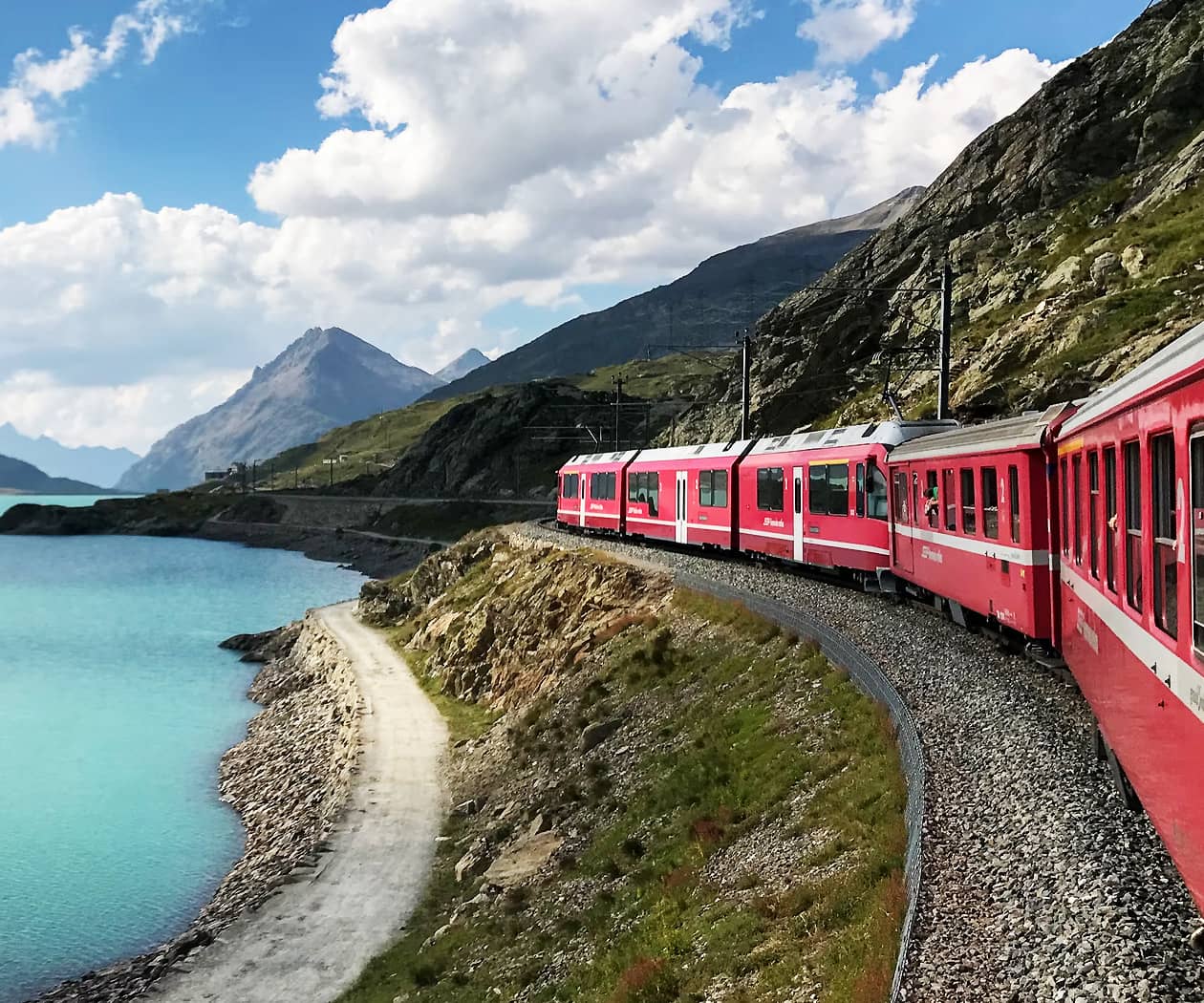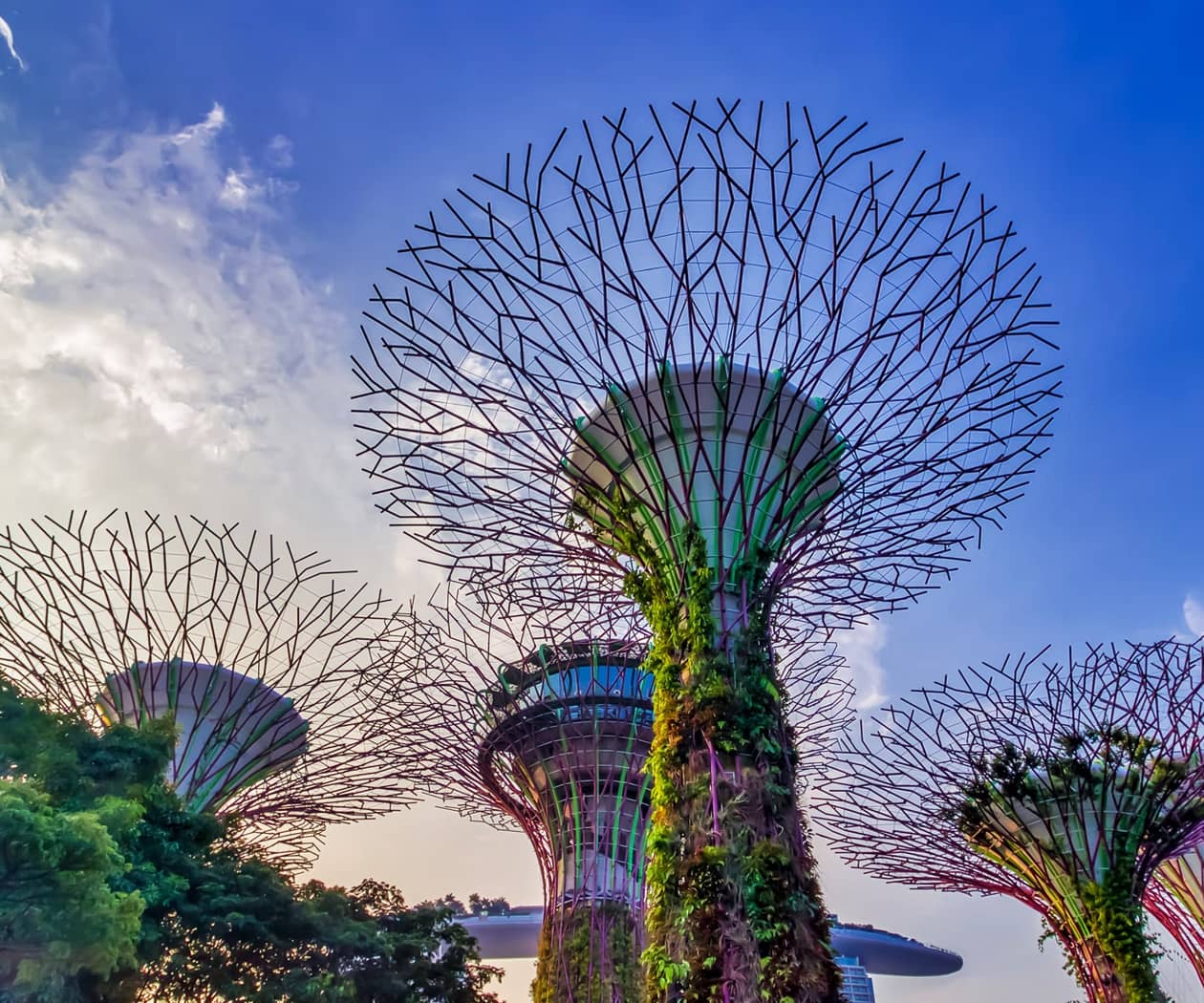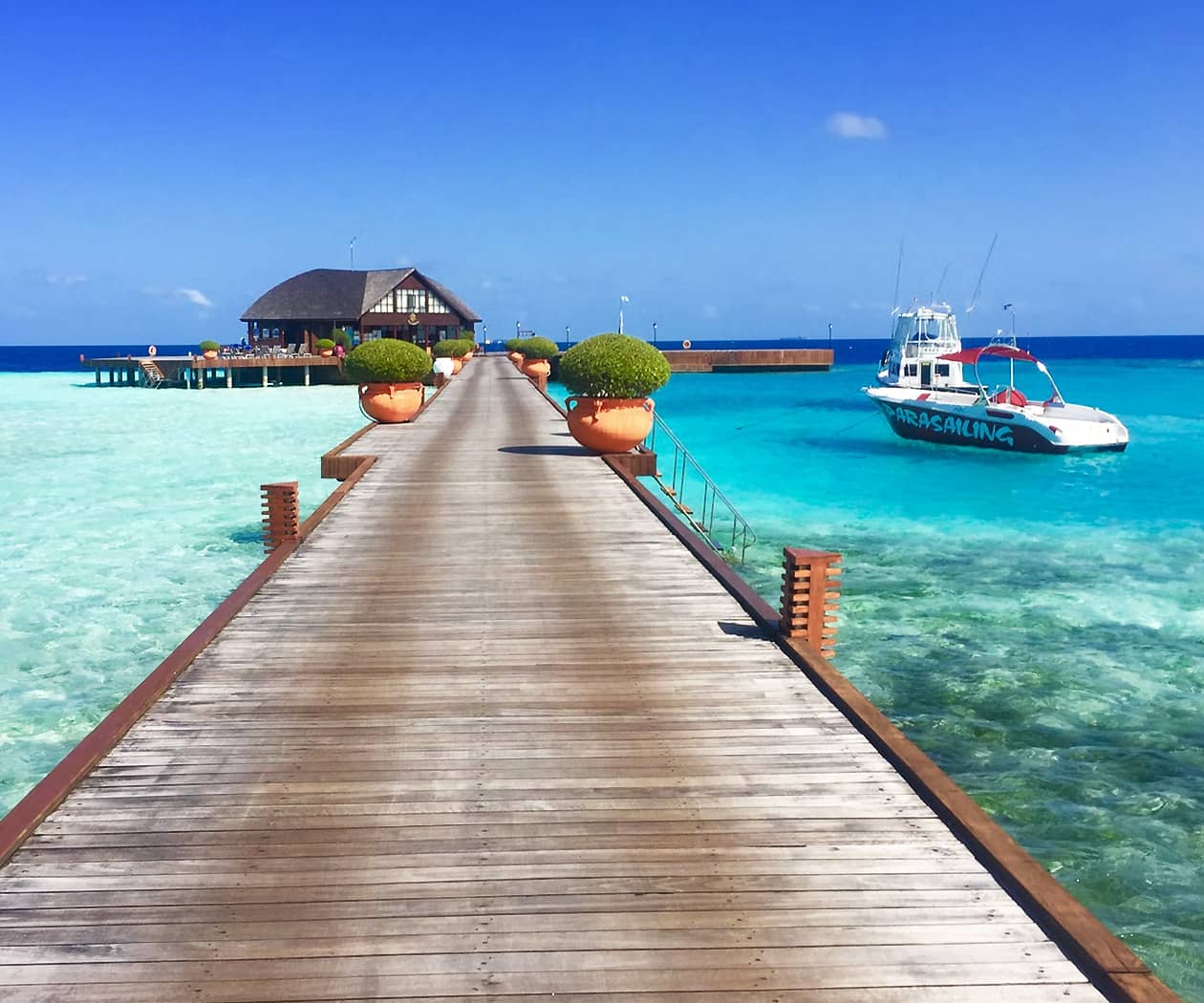Gorilla Trekking for Conservation Volunteers
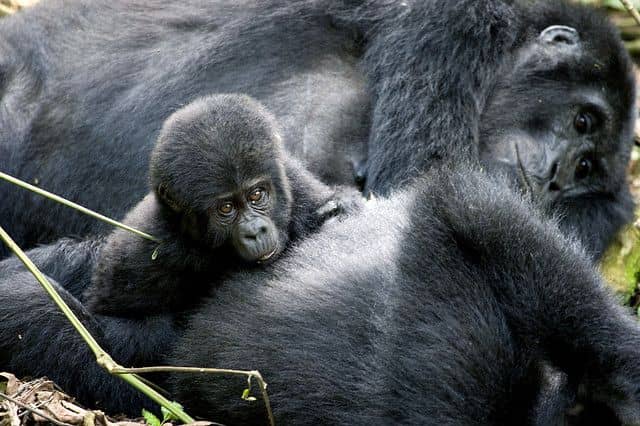
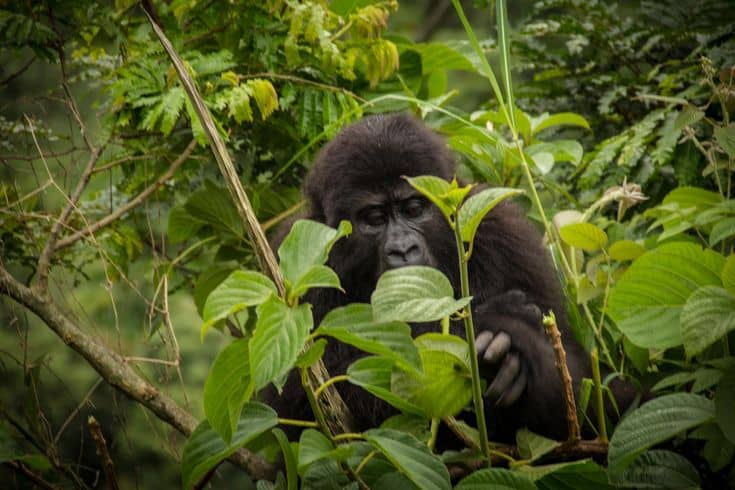
For travelers who want their journeys to make a difference, Gorilla Trekking for Conservation Volunteers offers the perfect blend of wildlife wonder and hands-on impact. This unique experience allows you to not just observe Uganda’s majestic mountain gorillas, but actively contribute to their protection and habitat preservation.
In this comprehensive guide, we’ll explore everything you need to know about Gorilla Trekking for Conservation Volunteers, from how these programs work to how you can participate in one of Africa’s most rewarding conservation initiatives. Whether you’re a student, retired professional, or simply a nature lover wanting to give back, this is your pathway to an unforgettable, purpose-driven adventure.
Why Combine Gorilla Trekking with Conservation Volunteering?
The Twin Benefits of Conservation Tourism
-
For Volunteers:
-
Deeper connection with wildlife than regular tourism
-
Hands-on learning from researchers and rangers
-
Satisfaction of making tangible contributions
-
For Gorillas:
-
Direct support for protection efforts
-
Increased monitoring capacity
-
Community engagement that reduces human-wildlife conflict
Gorilla Trekking for Conservation Volunteers creates this powerful win-win scenario that benefits both travelers and endangered species.
Top 5 Conservation Volunteer Programs Combining Gorilla Trekking
1. The Gorilla Doctors Veterinary Support Program
Location: Bwindi & Mgahinga
Duration: 2-4 weeks
Activities:
-
Assist wildlife veterinarians on health checks
-
Learn gorilla first aid techniques
-
Track gorilla family movements
Perfect for: Pre-vet students or medical professionals
2. Habituation Experience Volunteer
Location: Rushaga Sector, Bwindi
Duration: 1-2 weeks
Activities:
-
Join researchers acclimating new gorilla groups to humans
-
Record behavioral observations
-
Help clear monitoring trails
Perfect for: Biology students or animal behavior enthusiasts
3. Community Conservation Education Volunteer
Location: Villages near gorilla parks
Duration: 3+ weeks
Activities:
-
Teach conservation in local schools
-
Help develop alternative livelihoods
-
Assist with reforestation projects
Perfect for: Teachers or community development specialists
4. Anti-Poaching Patrol Volunteer
Location: Mgahinga Gorilla National Park
Duration: 2+ weeks
Activities:
-
Join rangers on forest patrols
-
Remove snares and traps
-
Monitor camera traps
Perfect for:* Adventure seekers with good fitness
5. Research Data Collection Volunteer
Location: All gorilla parks
Duration: 4+ weeks
Activities:
-
Collect fecal samples for analysis
-
Record feeding patterns
-
Input data for long-term studies
Perfect for: Science graduates or retired professionals
A Day in the Life of a Gorilla Conservation Volunteer
5:30 AM: Wake up to forest sounds at research camp
6:00 AM: Briefing with rangers about today’s tracking
6:30 AM: Begin trek through misty jungle
9:00 AM: Locate gorilla family, begin observation
10:00 AM: Record behaviors on data sheets
12:00 PM: Lunch with research team
2:00 PM: Community outreach at local school
5:00 PM: Data entry at research station
7:00 PM: Dinner and stories around the campfire
This typical schedule shows how Gorilla Trekking for Conservation Volunteers blends fieldwork with community engagement.
How to Prepare for Your Conservation Trek
Physical Preparation
-
Build endurance with weekly hikes (with elevation gain)
-
Practice carrying a daypack (10-15 lbs)
-
Break in sturdy waterproof hiking boots
Skill Preparation
-
Learn basic data recording techniques
-
Study gorilla behavior identification
-
Practice with GPS devices if possible
Packing Essentials
-
Neutral-colored quick-dry clothing
-
Waterproof field notebooks
-
Headlamp with red light setting
-
Personal medical kit
Mental Preparation
-
Read gorilla conservation literature
-
Learn basic local language phrases
-
Prepare for rustic living conditions
The Impact of Your Volunteer Contribution
By participating in Gorilla Trekking for Conservation Volunteers, you directly support:
Population Growth: Uganda’s gorillas increased from 400 to 459 (2011-2022)
Habitat Protection: Expanded protected areas by 12% since 2018
Community Benefits: 20% of tourism revenue funds local projects
Research Advancements: Better understanding of gorilla health needs
How to Choose the Right Volunteer Program
Consider these factors when selecting your Gorilla Trekking for Conservation Volunteers experience:
-
Your Skills: Match your abilities to program needs
-
Duration: Programs range from 1 week to 6 months
-
Physical Demand: Some require strenuous daily trekking
-
Certification: Look for accredited organizations
-
Cost Structure: Understand what fees cover
Pro Tip: The Uganda Wildlife Authority maintains a list of vetted conservation partners.
Frequently Asked Questions
Q: Do I need special qualifications?
A: Most programs welcome committed volunteers regardless of background, though specialized roles may require relevant experience.
Q: Is it safe to work near wild gorillas?
A: Yes, when following ranger instructions. Volunteers receive thorough safety training.
Q: What’s the best time of year?
A: Dry seasons (June-August & December-February) offer easier trekking conditions.
Q: Can I combine volunteering with regular tourism?
A: Absolutely! Many volunteers add safari adventures before/after their service.
Making It Happen: Your Next Steps
-
Research Programs (Start with Uganda Wildlife Authority partners)
-
Check Requirements (Visa, vaccinations, COVID protocols)
-
Apply Early (Some programs fill 6-12 months ahead)
-
Prepare Thoroughly (Physical training, gear acquisition)
-
Fundraise if Needed (Many volunteers crowdfund their trips)
The Lasting Rewards of Conservation Volunteering
Participants in Gorilla Trekking for Conservation Volunteers consistently report:
-
Life-changing connections with wildlife
-
Deepened understanding of conservation challenges
-
New professional skills and directions
-
Lifelong friendships with fellow volunteers
-
The satisfaction of making measurable impact
As one recent volunteer shared: “Holding eye contact with a silverback while knowing I was helping protect his family was the most powerful moment of my life.”
Answer the Call of the Wild
Gorilla Trekking for Conservation Volunteers offers more than photos and memories – it’s a chance to become part of the story of gorilla survival. As these magnificent creatures continue their recovery from near-extinction, your hands could help write the next chapter.
Uganda’s misty forests are calling. Will you answer?

